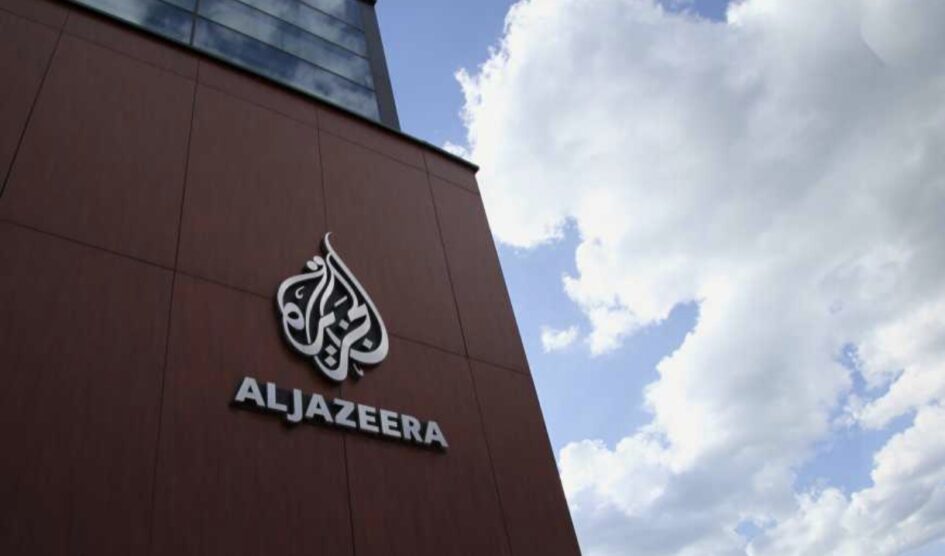
The regional TV channel Al Jazeera Balkans, headquartered in the capital Sarajevo, announced its abrupt closure on 12 July, 14 years since it was launched. The International Federation of Journalists (IFJ) joins its affiliates in the Balkan region in condemning the sudden shutdown of Al Jazeera Balkans, and expresses its deep concern about the uncertain future of over 200 journalists and media workers in the region.
On 12 July, Al Jazeera Balkans announced the cessation of its operations. The channel said that it will continue to broadcast previously recorded content until the end of July, when the signal will be permanently turned off. No official reason for the closure has been provided by Al Jazeera’s management to date.
Headquartered in Sarajevo, Bosnia and Herzegovina, Al Jazeera Balkans has a vast network of correspondents in the region with offices in Serbia, Croatia, Montenegro, North Macedonia, Slovenia and Kosovo. Over 200 jobs will be lost as a result of the closure.
The announcement is indicative of the precarious state of journalism in a region, which is getting worse. Working conditions are rapidly deteriorating and media pluralism is seriously threatened, as is the case in Serbia.
The abrupt closure has shocked the journalistic community in the Balkans. The Bosnia Herzegovina Journalists’ Association (BHJA) expressed its regret at the announcement, highlighting that “viewers will be deprived of a credible source of information.” In Croatia, the Trade Union of Croatian Journalists and the Croatian Journalists’ Association issued a joint statement, describing the decision as “not only the end of an important media project, but also a severe blow to the entire media landscape […], and a clear signal of how fragile the system of free, professional, and independent journalism truly is.”
The closure of Al Jazeera Balkans, which is known for its investigative journalism and documentary segment, further erodes media pluralism, freedom of expression and the public’s right to know.
Based in Croatia, the President of the European Federation of Journalists (EFJ), Maja Sever, said: “This means that in our part of Europe, where journalism has already been under fierce attack for years,[…] 250 people are now losing their jobs. No one knows the actual reason; we’re discussing how such dramatic decisions can be made overnight in that media company without any consultation or transparency.”
IFJ General Secretary Anthony Bellanger added: “We are deeply concerned about the uncertain future of Al Jazeera Balkans’ staff and stand in solidarity with them. Any transformation of a media company should prioritise protecting the workers and be done in full transparency and consultation with union representatives. This closure represents a serious setback for media pluralism and the public’s right to information.”
The source: IFJ



